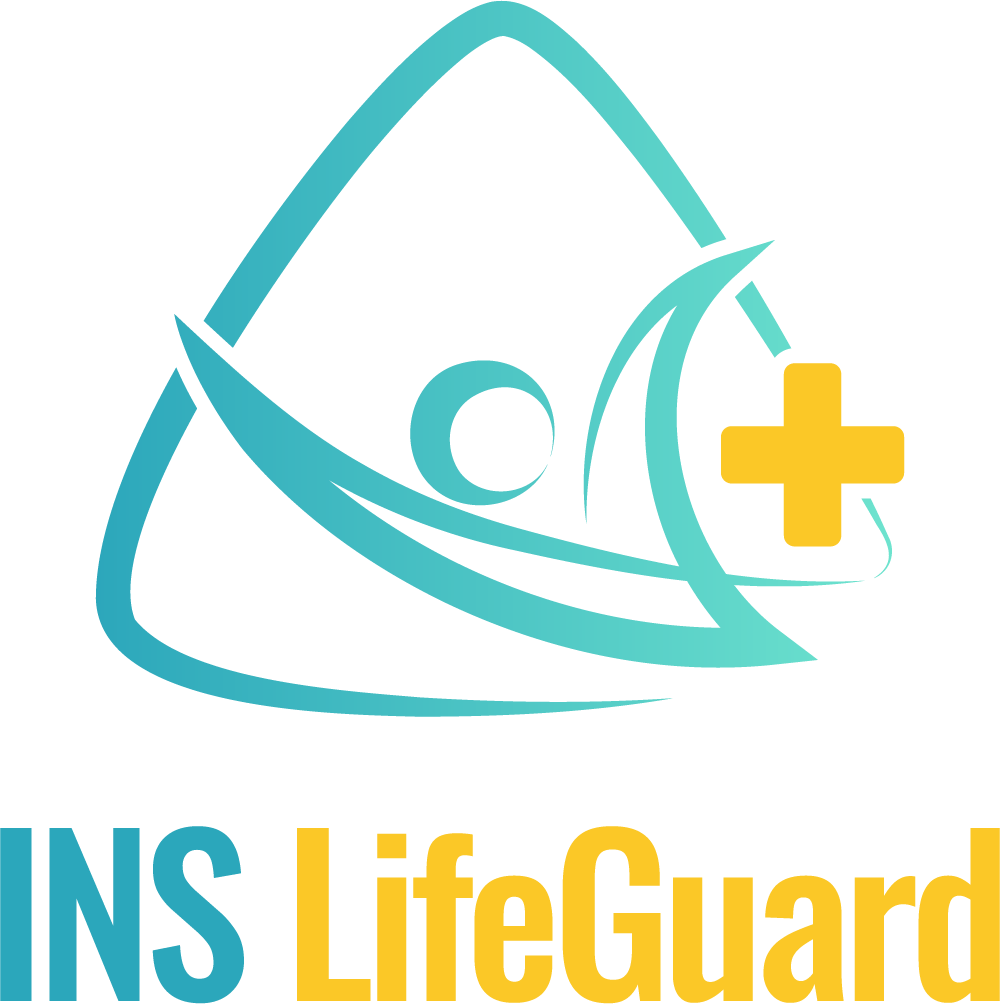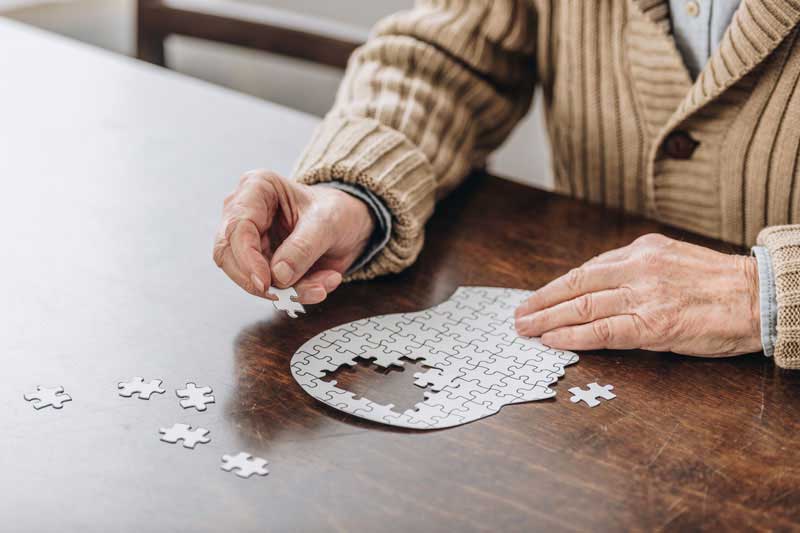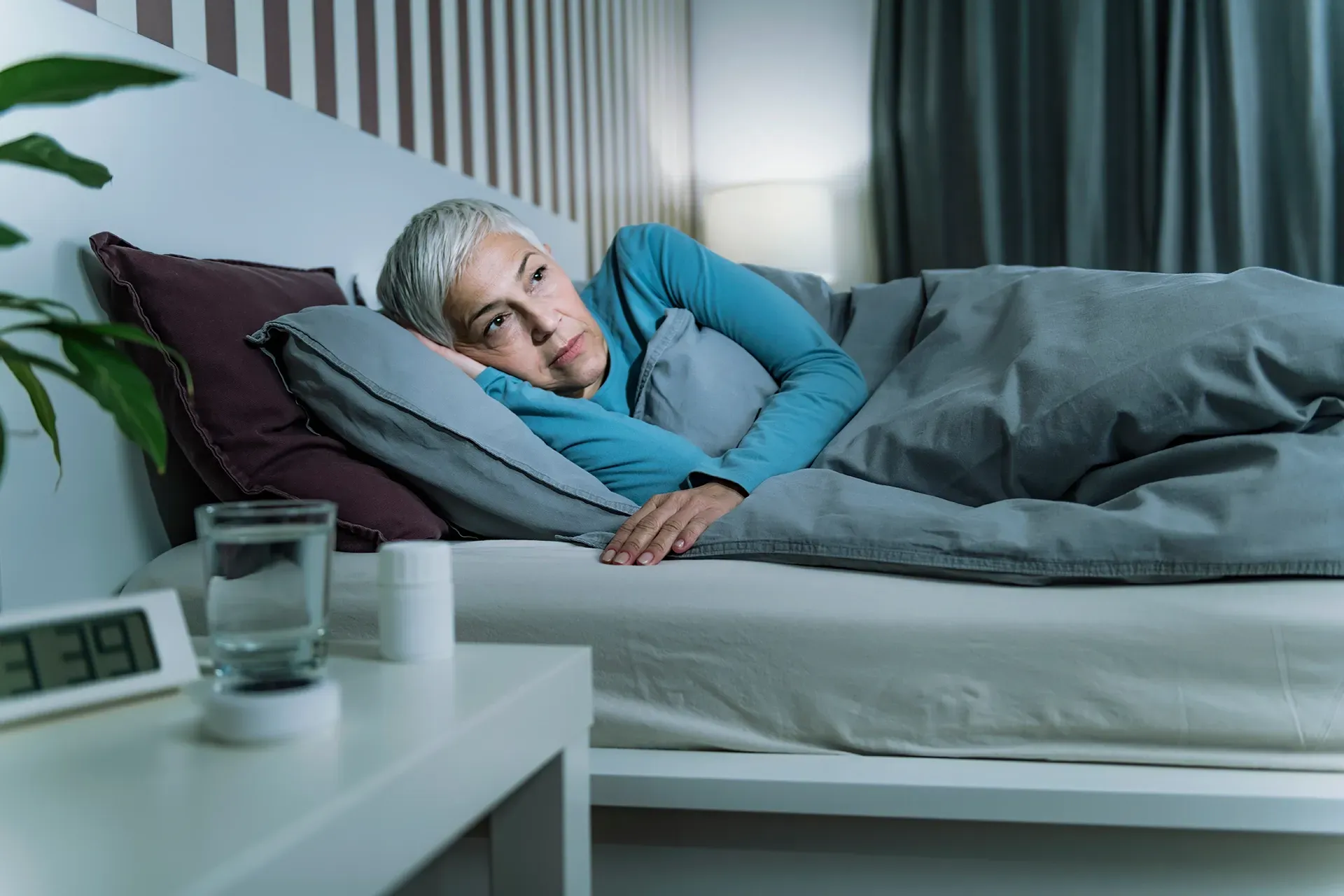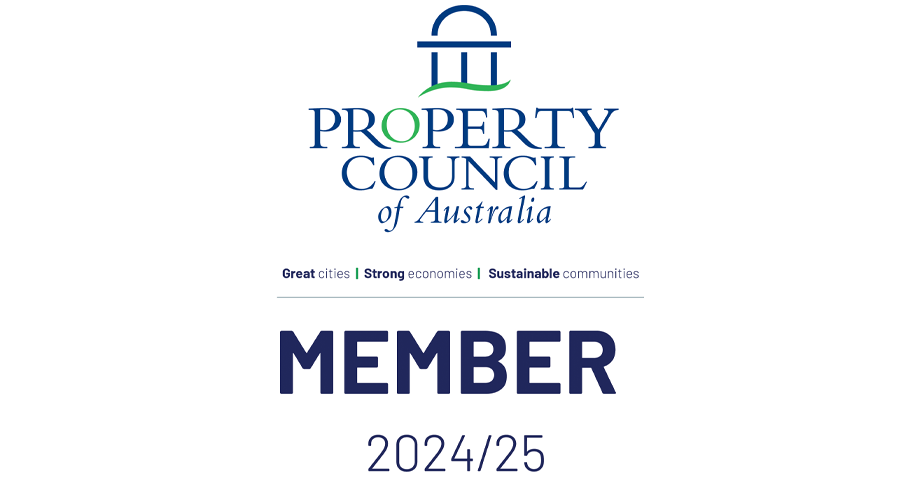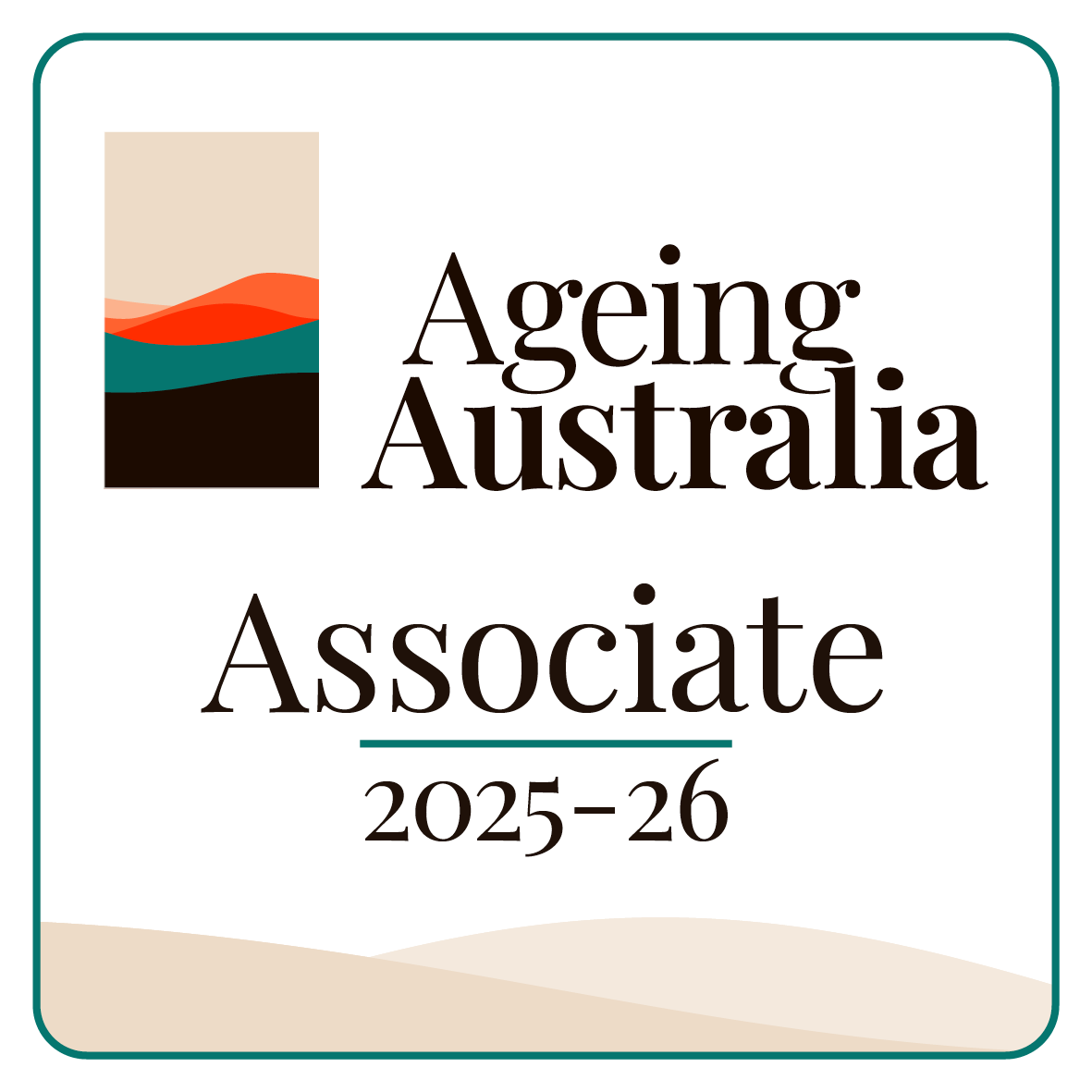Have a Question?
Top Tips for Men's Health: Fitness, Nutrition, and Wellness Strategies

Men often prioritise work, family, and daily responsibilities over regular check-ups. Many dismiss early symptoms or avoid medical consultations, which leads to complications. In Australia, factors such as lifestyle, genetics, and emotional health struggles contribute to serious health conditions. Although advances in medicine and awareness campaigns have improved outcomes, many males still lack access to vital mens health resources or hesitate to seek professional help.
That should be changed. As they say, health is wealth. You should take care of yourself to be able to take care of your responsibilities and the people around you.
Men’s Health Month serves as an essential reminder of these challenges. It is more than just awareness. It’s a movement that pushes for action and highlights the importance of ensuring every man has access to the services, resources, and encouragement they need. This is especially crucial for helping them prioritise both physical and mental health, particularly for those facing severe challenges.
Leading Causes of Death in the Australian Male Population
The leading causes of death in Australian men can be prevented or managed with the right lifestyle choices and regular screenings. However, men are often less likely to prioritise their wellbeing or seek medical help until symptoms become severe. This hesitation results in late diagnoses, limited treatment options, and poorer outcomes.
Among Australian men, the most common causes of death include:
- Heart Disease - Cardiovascular disease remains the leading cause of death, particularly due to high blood pressure, poor diet, obesity, and lack of physical activity.
- Cancer - Prostate, lung, and bowel cancers account for a large percentage of deaths, particularly in men over 40.
- Respiratory Problems - Chronic conditions like COPD (chronic obstructive pulmonary disease) and lung infections affect thousands of men, particularly smokers.
- Mental Conditions & Suicide - Suicide is one of the leading causes of death among the younger generation, often linked to untreated depression, anxiety, and social isolation.
Fortunately, most of these conditions are preventable through proactive management, early screenings, and lifestyle improvements. By taking these steps, you can enhance your quality of life and increase your longevity.
Understanding the Psychological Struggles Affecting Australian Men's Mental Health
While physical health often takes priority, mental health plays a crucial role in overall quality of life. In Australia, conditions like depression, anxiety, stress-related disorders, and issues related to the prostate impact millions of patients, but societal expectations frequently discourage them from seeking support. Sadly, suicide remains a leading cause of death among men, especially younger individuals.
Various factors contribute to these challenges, including financial strain, work-related stress, social isolation, and the stigma surrounding it. Many men, as well as boys, feel pressured to maintain an image of strength and independence. This reflects a pattern of suppressing emotions rather than seeking professional help.

Breaking the Stigma & Seeking Support
The good news is that resilience and wellbeing services are now widely available, and prioritising emotional wellbeing can be life-changing. Various strategies may help, including the following:
- Identify the Warning Signs - Recognising early indicators, such as changes in mood, stress, or disrupted sleep patterns, can help address concerns before they escalate.
- Talk About It - Having open conversations about men's health can break the stigma and lead to early intervention. Encourage honest discussions about emotions and struggles with friends, family, and professionals.
- Seek Support - No one has to face these challenges alone. Support can come in many forms, from professional therapy and peer groups to trusted teammates or loved ones. Additionally, various accessible services are available, including helplines, counselling centres, and online therapy platforms. Many organisations offer confidential and professional assistance tailored to your specific needs.
- Prioritise Self-Care - Engaging in activities that promote relaxation and wellbeing, such as exercise, healthy eating, and hobbies, significantly improves emotional wellbeing. Self-care isn't selfish; it's essential.
Men's Health Tips: How To Stay Strong and Live Longer
Here are some steps you can take to stay safe and lower your risk of developing chronic illnesses.
Expert Weight Loss Advice: Preventing Lifestyle-Related Illnesses
Excess weight is a major contributor to chronic issues like heart disease, diabetes, and high blood pressure. Unhealthy eating habits, a sedentary lifestyle, and stress-related overeating can all lead to serious risks that may require medical treatment. Being overweight or obese is linked to numerous preventable deaths, including those from the different types of cancer.
Being overweight or obese can lead to:
- Increased heart disease risk due to high cholesterol and high blood pressure.
- Higher chances of developing Type 2 diabetes, which affects over 1 million Australians.
- Greater likelihood of respiratory issues like sleep apnea and COPD.
- Elevated cancer risk, especially for bowel and liver.
Carrying extra fat, especially around the abdomen, increases the chances of insulin resistance and heart problems. Unfortunately, many people face challenges in maintaining a healthy weight due to demanding work schedules, a tendency to frequently consume processed foods, and inconsistent exercise routines. However, small and consistent lifestyle changes, such as following a nutritious meal plan, can make a significant difference in overall wellbeing. These include:
- Following a Balanced Diet - Making mindful food choices is one of the most effective ways to support long-term health. Prioritise whole foods, lean proteins, fibre-rich meals, and healthy fats.
- Avoiding Sugary and Processed Foods - Limiting the intake of alcohol, fried foods, and high-sugar items is crucial for reducing inflammation and supporting a healthier body. Trusting more in whole-food alternatives helps sustain energy levels and improve overall wellness.
- Exercising Regularly - A mix of cardio and strength training helps maintain weight and metabolism.
- Monitoring Metrics - Regularly checking blood sugar, cholesterol, and BMI.
Building Resilience Through Muscle-Building Workouts
Having strong muscles helps with everyday activities, such as walking, lifting, and maintaining balance. They protect your joints, lower the risk of injuries, and keep your energy levels up. As you age, muscle strength becomes increasingly important for staying active and preventing complications and chronic illnesses, such as diabetes and heart disease.
Engaging in simple strength exercises and incorporating muscle-building workouts regularly can make a significant difference in how your body moves and feels over time.

Why Muscle Strength Matters
- Prevents osteoporosis & bone loss as you grow older.
- Improves metabolism, reducing the risk of obesity and diabetes.
- Enhances flexibility and mobility, reducing injury risks.
- Supports heart health management, lowering blood pressure and cholesterol levels.
Muscle-Building Strategies
Maintaining muscle strength requires a combination of exercise, nutrition, and recovery strategies. Here are key approaches:
- Strength Training - Try to do weightlifting, resistance band exercises, or bodyweight movements like push-ups and squats. It helps build and preserve muscle mass.
- Cardio & Strength Workouts - High-intensity interval training (HIIT) is an effective way to combine cardio and strength training.
How INS LifeGuard Can Help You
INS LifeGuard is a trusted Australian healthcare provider dedicated to helping men take control of their health with the support of innovative technology.
Through our mobile app personal alarm and compatible smartwatch integration, you can monitor your vital signs, detect early health concerns, and get personalised support, including for those managing chronic conditions.
But we know health isn’t just physical. Sometimes, it’s about having someone to talk to. With 24/7 nurse access, INS LifeGuard is also here to offer emotional support and reassurance when it’s needed most.
And it’s not just for men; INS LifeGuardian® supports anyone seeking peace of mind, independence, and reliable care, regardless of their stage in life.
With 24/7 nurse access and real-time health alerts, you’ll always know someone is watching out for you.
If you would like to learn more or activate your trial, you can visit our website here or call 1800 636 040 to speak with a friendly team member.
While June may spotlight Men’s Health, your well-being matters every day, and INS LifeGuard is here when it counts.

About
INS LifeGuard is the only 24/7 nurse on-call personal and medical monitoring in Australia. We provide monitoring technology for both in the home and on the go and can also monitor other provider's equipment. Our services are suitable for anyone wanting support to stay independent such as the elderly, those with medical conditions and disabilities plus enhancing safety and security for lone workers.
